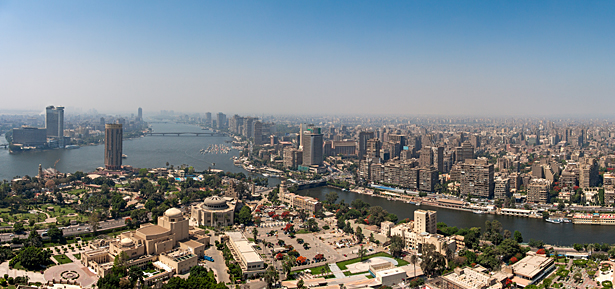Just two years ago (October 31, 2011), the seven billionth person was born. What number will the counter have reached in 20 years? And where is that person likely to be born?
In 2033, we will be sharing the earth with 8.6 billion people. Today, it's still in China and India that most of the population lives, in 2033, Africa will be the most populated region. In the next 20 years, the population there will almost double, reaching 1.7 billion people. India and China, on the other hand, will only count 1.5 billion people. I expect that the 8.6 billionth person will be born in Nigeria.
Into what kind of family will this baby be born? Will it have siblings?
If this girl or boy is born in Nigeria, the 8.6 billionth human will be born into a large family. Since life expectancy is rising, this family will also probably include several generations. So this family will not only be made up of children and parents, but grandparents will also be included. The baby will have a few siblings, no longer five or seven, but rather one or two. A typical African family in 20 years will look more like a typical European family from 20 years ago. In Europe, families will be very different, much more diverse. An example: Various couples live together within a family unit, with several children from different partners, on top of that a widowed great aunt whose children have already left the house. So the traditional family with a mother, a father and two children will be rarer in Europe.
Is it not likely that there will be a lot more subsidized accommodation because the widowed great aunt has little money left and can no longer afford housing?
Poverty in old age will be a risk for our society in Europe. That will also apply to rich Germany, if we do not adjust our state and private social security systems in time. Otherwise the state will have to provide more support in twenty years, and funded housing will then be a necessary measure.
Will state pensions still exist?
Of course, the three-pillar government, company and private pension will remain as before. Just like a stool that has three legs to stay stable, retirement provision also needs these three pillars. A fourth pillar will be added: We will work a little longer. If we still feel fit for work or for a new job, we will still be able to work at the age of 70.



